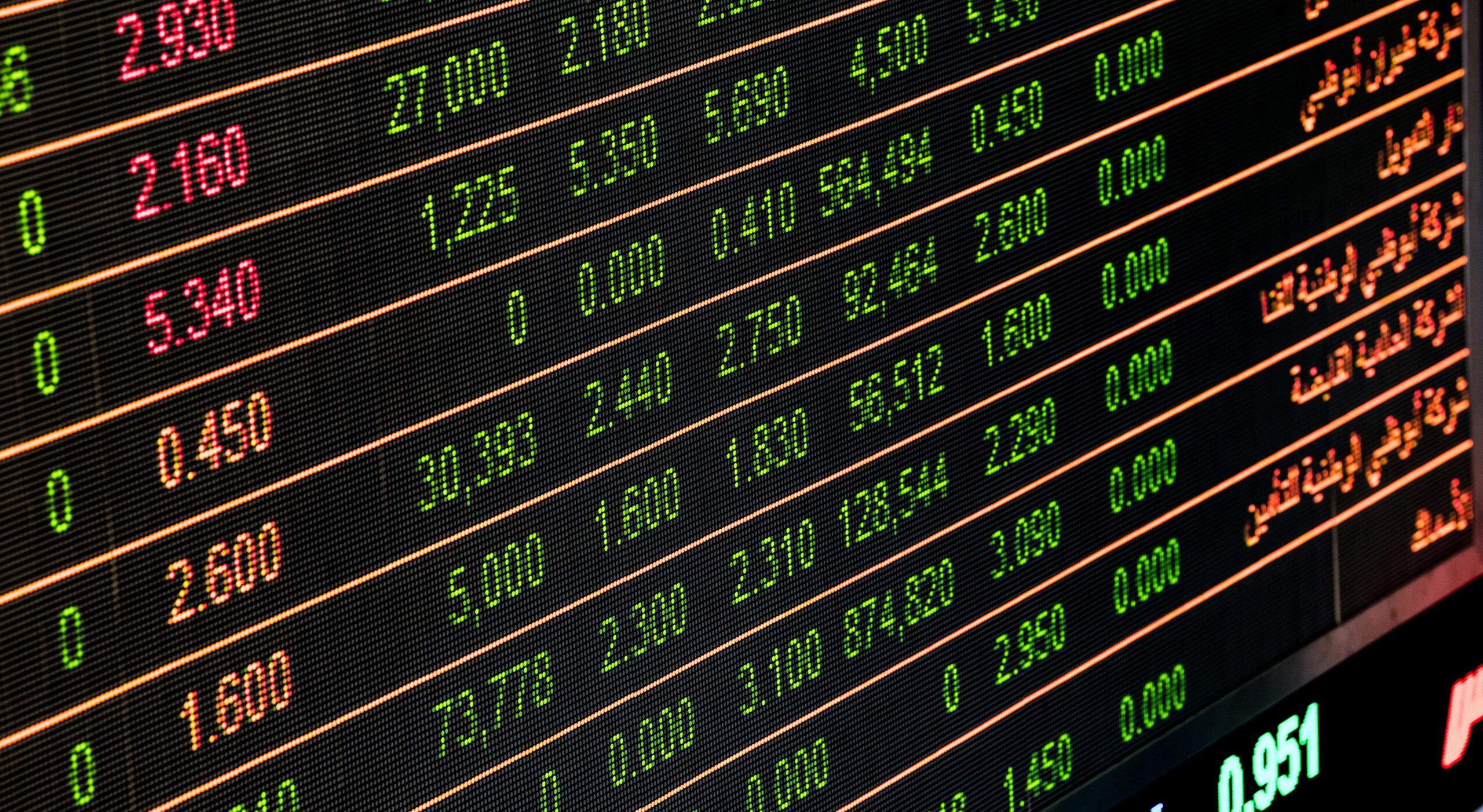A global recession: how bad can it be
Sep 19, 2022
iCrowdMarketing powered by iCrowdNewswire

A recession is an economic downturn that typically lasts for several months. In the United States, a recession is typically defined as two consecutive quarters of negative economic growth, as measured by Gross Domestic Product.
While recessions are often associated with high unemployment and falling stock prices, the reality is that they can vary greatly in terms of their severity.
The last recession in the United States began in December 2007 and lasted until June 2009. During this time, GDP fell by 4.3%, and the unemployment rate rose from 5% to 10%. Many experts have termed it the worst global recession but with the appearance of events, could the 2023 one be worse?
In contrast, the recession that began in 2001 was much milder, with GDP falling by only 0.3% and the unemployment rate rising from 4.2% to 6%.
Despite their differences, both of these recessions had a major impact on the US economy, and both led to a significant increase in government debt.
What are the consequences of a global recession?
The impacts of a global recession are hard and cut across all industries. It is characterized by high unemployment rates, increased inflation, rise in government debts, and collapse of factories. Generally, the quality of life decreases, as incomes decrease, meaning that people cannot maintain their living standards. It is therefore okay to say that no one is safe in the face of an economic catastrophe.
The causes of a global recession
A global recession is typically caused by a combination of factors, including:
-A decrease in consumer spending
-An increase in the cost of borrowing money
-A decrease in exports
-An increase in imports
-A decrease in investment spending
-A stock market crash
How can we prevent a global recession?
The best way to prevent a global recession will vary depending on the specific circumstances and economic conditions of each country. However, some general tips that could help include:
-Improving fiscal policy and ensuring responsible spending by governments
-Encouraging private sector investment and innovation
-Implementing policies to promote employment and reduce inequality
-Improving international cooperation and coordination
How to survive a global recession
The best way to survive a global recession will vary depending on your individual circumstances. However, these tips can help you weather the storm, both financially and emotionally.
First, stay calm and avoid making any rash decisions. This is not the time to panic and make impulsive decisions that could end up costing you dearly in the long run. These may range from impulse buying in bulk to disposing of assets in a bid to secure liquidity. Instead, take a deep breath and think things through before taking any action.
It's also crucial to stay informed during a recession. Keep tabs on what's happening in the economy and be sure to read up on financial news so you know what's going on. This will help you make more informed decisions about your own finances.
Remember that recessions don't last forever. They may be tough times, but they eventually come to an end.
Tags: English